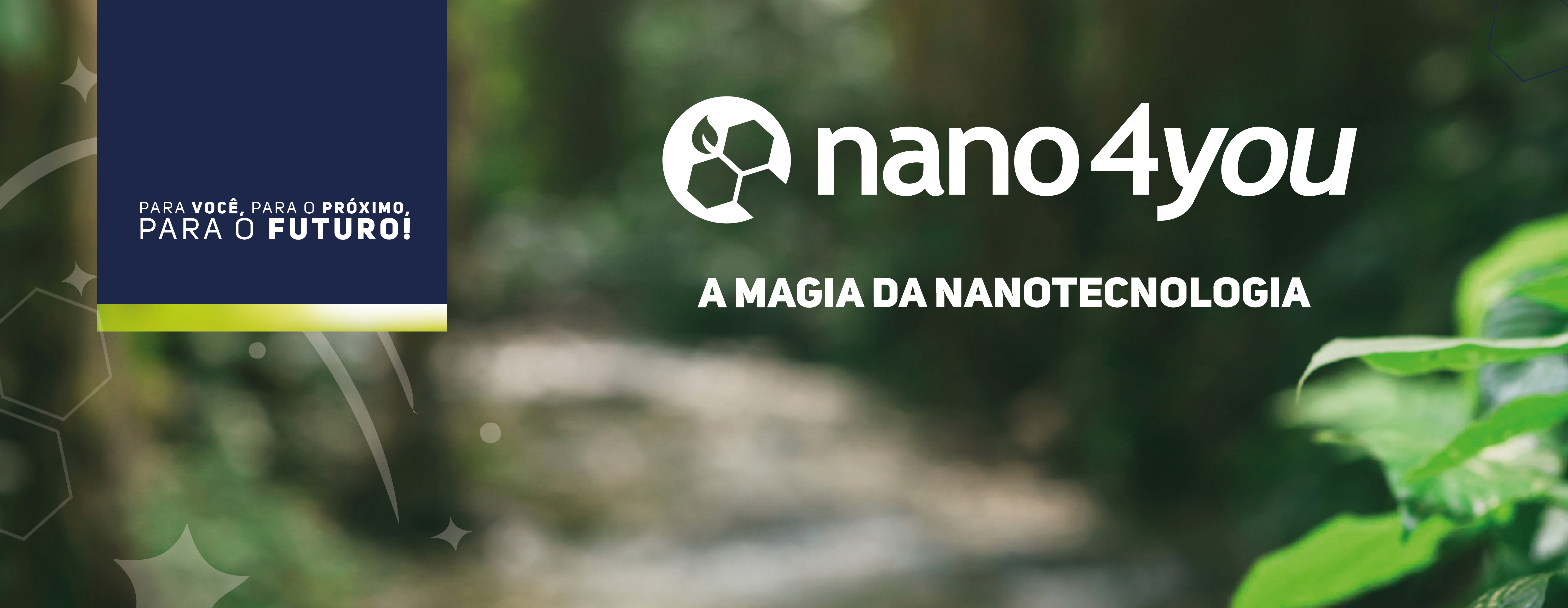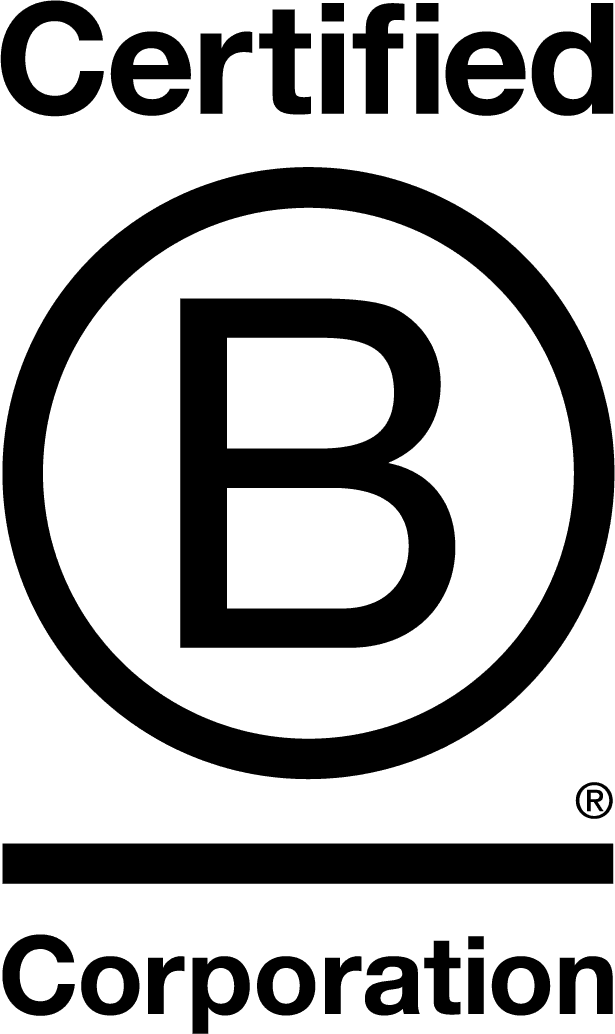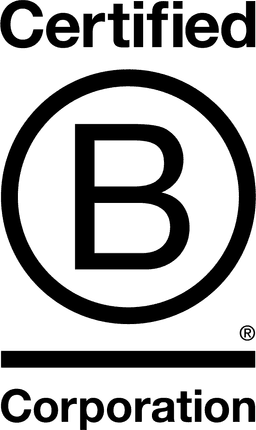

Nano4you

1.6
Paraná, Brazil
February 2025
Chemicals & chemical products
Manufacturing
Argentina,
Brazil,
Paraguay,
Uruguay
NANO4YOU is a Brazilian technology-based company that develops, manufactures, and distributes high-performance, sustainable solutions for surface cleaning, maintenance, and protection. Using advanced nanotechnology, we deliver innovative products applied across sectors such as construction, infrastructure, transportation, industry, and services. Our solutions address common challenges including early material degradation, the spread of microorganisms, dirt accumulation, weather-related wear, and the frequent need for maintenance using harsh chemical products. Our formulas are developed through a rigorous selection of high-quality raw materials, aligned with green chemistry principles and sustainability standards. The product portfolio includes lines for hydrophobic and oleophobic protection, long-lasting antimicrobial action, deep cleaning, smart waterproofing, and surface restoration across a wide range of materials including wood, metals, textiles, glass, stone, and automotive surfaces. A standout innovation is Nano Rocha, our exclusive solution for restoring and protecting natural and artificial stone. It preserves the original appearance of the material while creating an invisible barrier against water, oil, dirt, and wear — making it ideal for urban, architectural, and he
Overall B Impact Score
Governance 15.5
Governance evaluates a company's overall mission, engagement around its social/environmental impact, ethics, and transparency. This section also evaluates the ability of a company to protect their mission and formally consider stakeholders in decision making through their corporate structure (e.g. benefit corporation) or corporate governing documents.
What is this? A company with an Impact Business Model is intentionally designed to create a specific positive outcome for one of its stakeholders - such as workers, community, environment, or customers.
Workers 17.8
Workers evaluates a company’s contributions to its employees’ financial security, health & safety, wellness, career development, and engagement & satisfaction. In addition, this section recognizes business models designed to benefit workers, such as companies that are at least 40% owned by non-executive employees and those that have workforce development programs to support individuals with barriers to employment.
Community 17.0
Community evaluates a company’s engagement with and impact on the communities in which it operates, hires from, and sources from. Topics include diversity, equity & inclusion, economic impact, civic engagement, charitable giving, and supply chain management. In addition, this section recognizes business models that are designed to address specific community-oriented problems, such as poverty alleviation through fair trade sourcing or distribution via microenterprises, producer cooperative models, locally focused economic development, and formal charitable giving commitments.
Environment 24.7
Environment evaluates a company’s overall environmental management practices as well as its impact on the air, climate, water, land, and biodiversity. This includes the direct impact of a company’s operations and, when applicable its supply chain and distribution channels. This section also recognizes companies with environmentally innovative production processes and those that sell products or services that have a positive environmental impact. Some examples might include products and services that create renewable energy, reduce consumption or waste, conserve land or wildlife, provide less toxic alternatives to the market, or educate people about environmental problems.
What is this? A company with an Impact Business Model is intentionally designed to create a specific positive outcome for one of its stakeholders - such as workers, community, environment, or customers.
Customers 5.0
Customers evaluates a company’s stewardship of its customers through the quality of its products and services, ethical marketing, data privacy and security, and feedback channels. In addition, this section recognizes products or services that are designed to address a particular social problem for or through its customers, such as health or educational products, arts & media products, serving underserved customers/clients, and services that improve the social impact of other businesses or organizations.